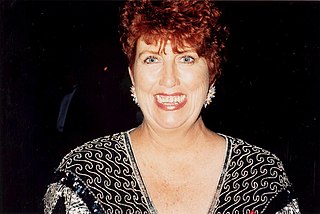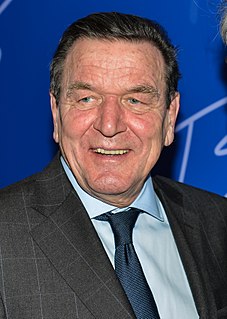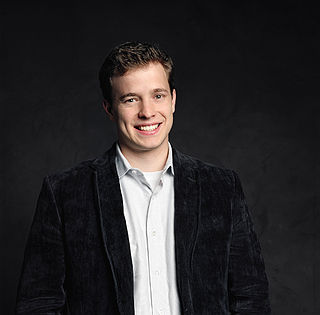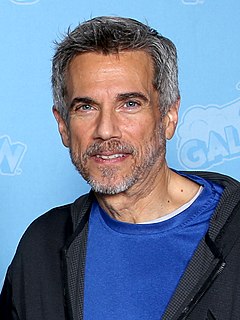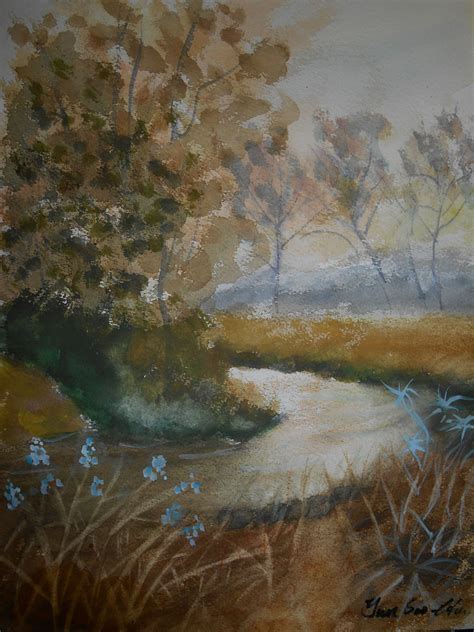A Quote by Jeanette Winterson
If people aren't educated, they can't question. If they can't question, they can't change anything, which is great for the status quo and all the people who can question them at their own level.
Related Quotes
When you question this war on poverty, you get all the criticisms from adherents to the status quo who just don't want to see anything change. We got to have the courage to face that down, just as we did in the welfare reform of the late 1990s, and if we succeeded, we can help resuscitate this culture and get people back to work.
I travel a lot. It used to be, when I would go to any country, I could guarantee that the first question would establish my name, and the fact that I've written Roots, and the third question, at least no later than the fourth question would not be a question, so much as a statement, something like, "We understand that in America white people do such and such bad things to black people."
A dialogue is very important. It is a form of communication in which question and answer continue till a question is left without an answer. Thus the question is suspended between the two persons involved in this answer and question. It is like a bud with untouched blossoms . . . If the question is left totally untouched by thought, it then has its own answer because the questioner and answerer, as persons, have disappeared. This is a form of dialogue in which investigation reaches a certain point of intensity and depth, which then has a quality that thought can never reach.





